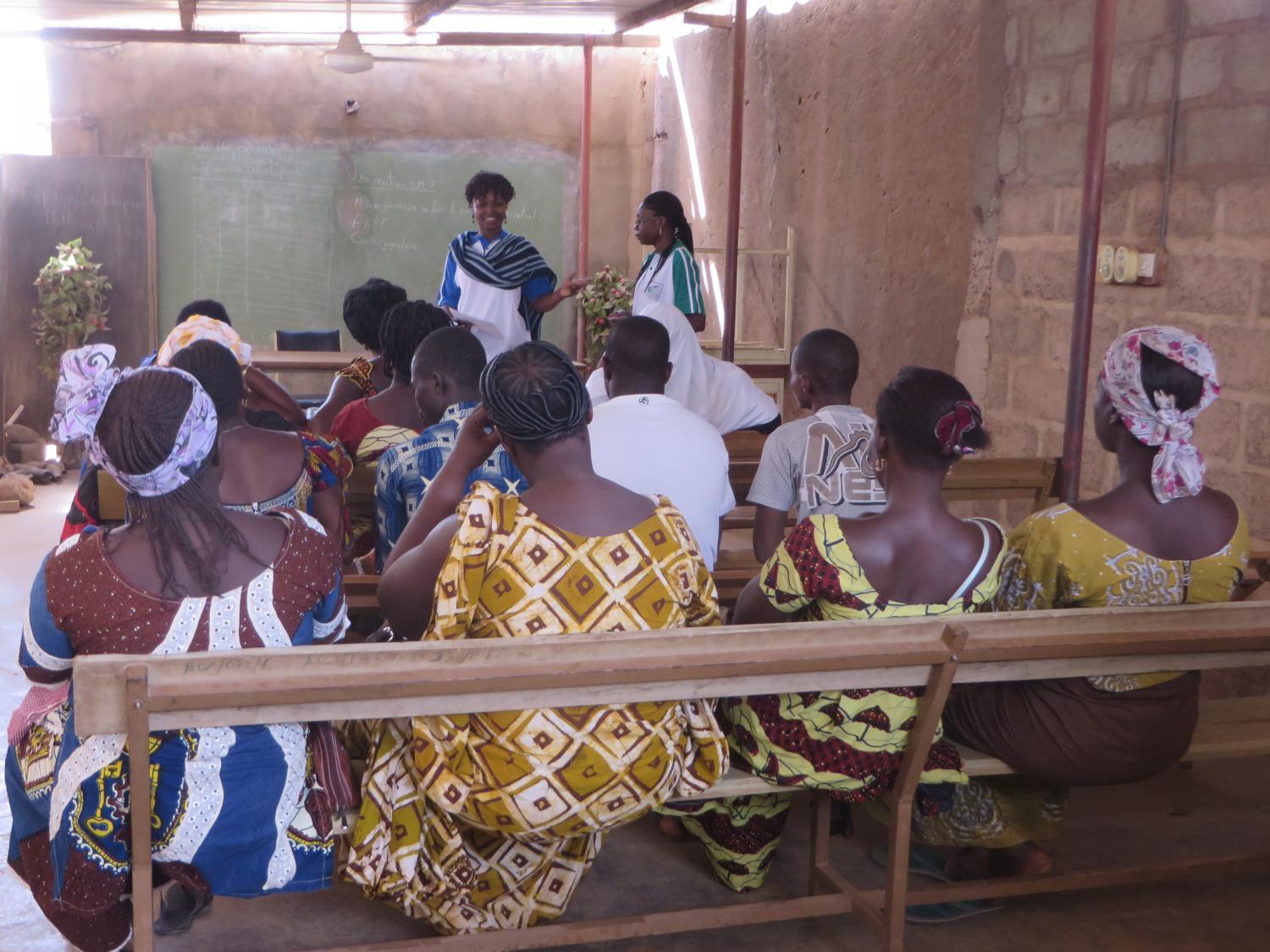Home • Microfinance • Article
Breaking cultural barriers in the fight against poverty
April 17, 2014
I have just realized that my definition of poverty has evolved over the past 6 months as I have gotten to know my host countries and have met with various people in different communities. Poverty is not always the lack of resources to enjoy a minimum standard of life and well-being, provided that how one assesses that is anything but straightforward. Sometimes, it’s also the unwillingness to take advantages of opportunities that could improve one’s life conditions because they are contrary to personal beliefs derived from habits or traditions.
There have been various instances in the field where I was baffled by the power of culture, and thought I would share some with you. It should be noted that these observations should not be generalized to the countries I visited, or of course to the whole African continent.
- "You don’t count your blessings." Therefore, some borrowers won’t answer these questions: how many children or grandchildren do you have? How many sheep, goats… do you have? I’ve learned to use a threshold i.e. more than 10? Etc.
- "The man provides for the family." Therefore, there should technically be no need for the woman to take out a loan to support any income-generating activity. Some men fear that their wives will no longer respect them or submitt to them if they are earning an income. It’s to the extent where some women have taken loans without their husbands knowing at the risk of being repudiated. In some cases, it’s not so much that the husband doesn’t allow his wife to take a loan, it’s rather the wife that choses to hide it for various reasons: (i) the husband continuously asks for money – for legitimate use or not, promising he will reimburse (of course, he never does!); (ii) the husband doesn’t contribute anymore to the household expenses, and he would defer to the wife for anything – health expenses, kids’ school fees, food, etc.
- "Taking a loan is taboo." Your family or neighbors might put you to shame if they know that you have taken a loan. It doesn’t matter if your business is doing well as you are expected to succeed on your own. Thus, you certainly cannot boast about your business if you have a bank loan. Some borrowers chose not to take Kiva loans because they don’t want their pictures published online (they don’t want “publicity for their loans” they say). Or some would agree to have their pictures taken as long as it’s not at their workplace or home where some nosy neighbors would be asking questions.
- "Education is not necessary." Once I was visiting a borrower at her home on a weekday morning in a suburban area. I noticed her 10-year old girl was with her and I asked if the girl wasn’t at school. She replied, matter-of-factly: yes but I’ve asked her to stay at home today to help me with some chores. There were so many things that went through my mind at that moment as I was struggling to keep a neutral voice tone and facial expression. I tried my very best to convince her with tact (and big smiles!!) to let her kid attend school without disruption. She promised to, but quite frankly long after I left her, I’ve kept thinking about this little girl.
 Ouaga - refresher training to borrowers on a disbursement day
Ouaga - refresher training to borrowers on a disbursement dayPREVIOUS ARTICLE
The Beauty of Business →NEXT ARTICLE
Kiva Zip thaws the credit freeze for small farmers →













